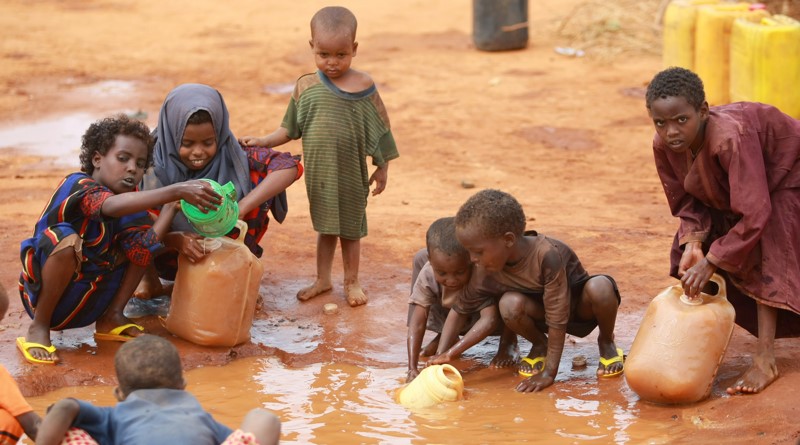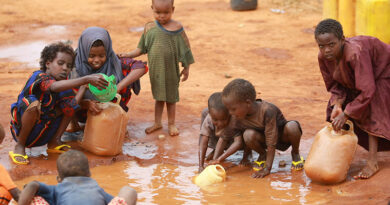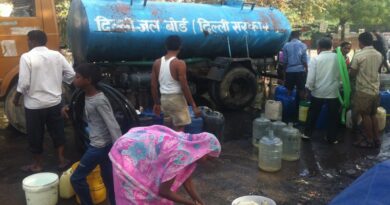World Water Day: Risk of severe water crisis imminent for 2-3 billion people, warns UN report

The world is off-track from the progress towards the SDG-6 and the two-three billion people already experiencing water shortages could face further hardship, particularly those in cities, if international cooperation and global water partnerships do not get boosted, the United Nations World Water Development Report 2023 (UNWWDR 2023) has warned.
Building partnerships and enhancing cooperation across all dimensions of sustainable development are essential in accelerating progress towards all SGD 6 targets and realizing the human rights to water and sanitation, the report by UNESCO and UN-Water, released on the occasion of the World Water Day on March 22, said.
Globally, 2 billion people (26 per cent of the population) do not have safe drinking water and 3.6 billion (46 per cent) lack access to safely managed sanitation, according to the report.
Between two and three billion people experience water shortages for at least one month per year, posing severe risks to livelihoods, notably through food security and access to electricity. The global urban population facing water scarcity is projected to double from 930 million in 2016 to 1.7–2.4 billion people in 2050. The growing incidence of extreme and prolonged droughts is also stressing ecosystems, with dire consequences for both plant and animal species.
“There is an urgent need to establish strong international mechanisms to prevent the global water crisis from spiraling out of control. Water is our common future and it is essential to act together to share it equitably and manage it sustainably”, said UNESCO Director-General Audrey Azoulay.
Nearly every water-related intervention involves some kind of cooperation. Growing crops require shared irrigation systems among farmers. Providing safe and affordable water to cities and rural areas is only possible through a communal management of water-supply and sanitation systems. And, cooperation between these urban and rural communities is essential to maintaining both food security and uphold farmer incomes, the report said.
Managing rivers and aquifers crossing international borders makes matters all the more complex. While cooperation over transboundary basins and aquifers has been shown to deliver many benefits beyond water security, including opening additional diplomatic channels, only six of the world’s 468 internationally shared aquifers are subject to a formal cooperative agreement.
“There is much to do and time is not on our side”, said Gilbert F Houngbo, Chair of UN-Water and Director-General of the International Labour Organization. “This report shows our ambition and we must now come together and accelerate action. This is our moment to make a difference”.
Among the key messages of the report are more inclusive stakeholder participations, that also promote buy-in and ownership. “Involving the end-users in planning and implementing water systems creates services that better match the needs and resources of poor communities, and increases public acceptance and ownership. It also fosters accountability and transparency. In displacement camps in the Gedo region of Somalia, residents elect water committees that operate and maintain the three waterpoints that supply tens of thousands of people. Committee members partner with local water authorities of the host communities to share and manage water resources”, the report noted.



